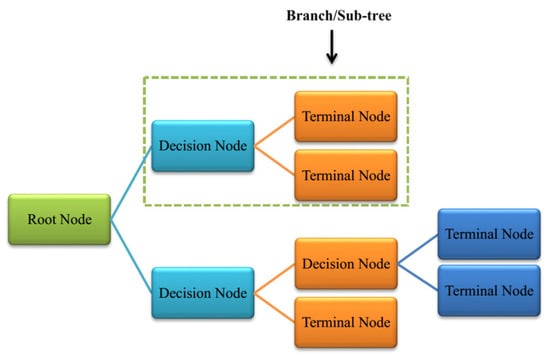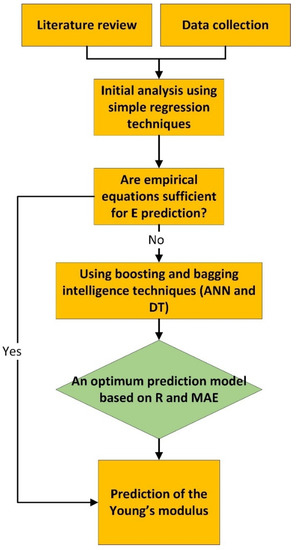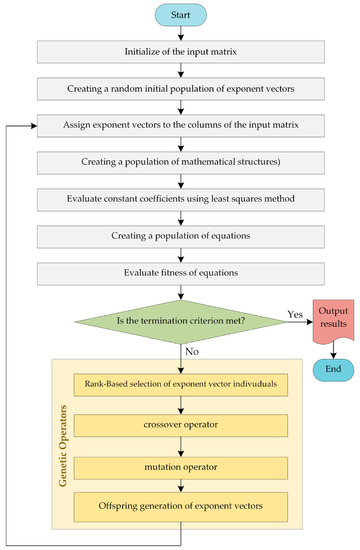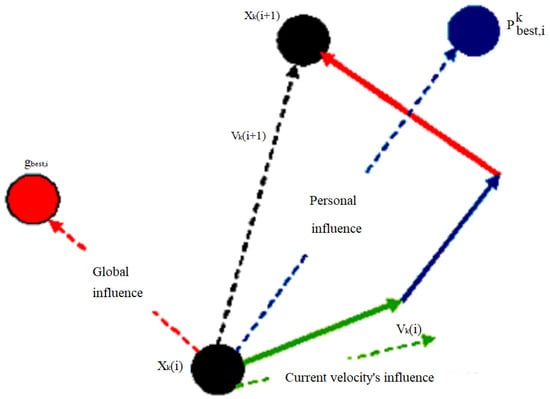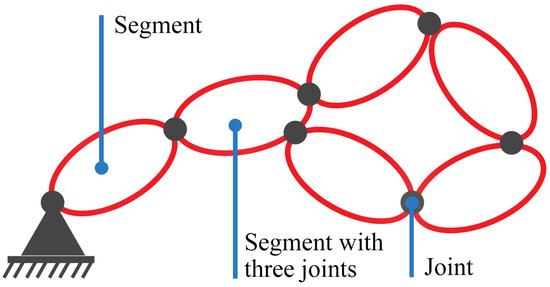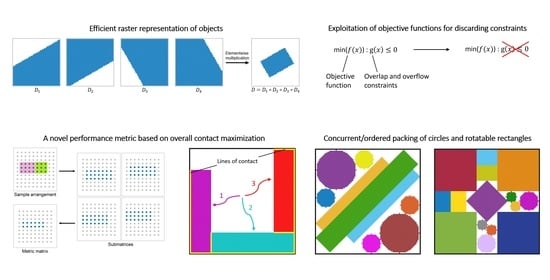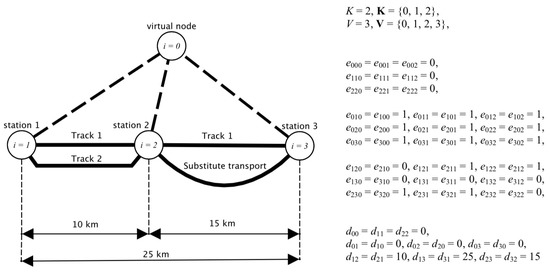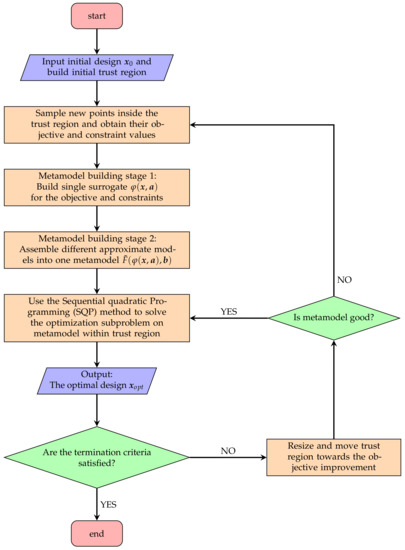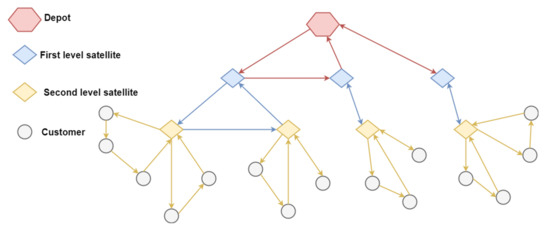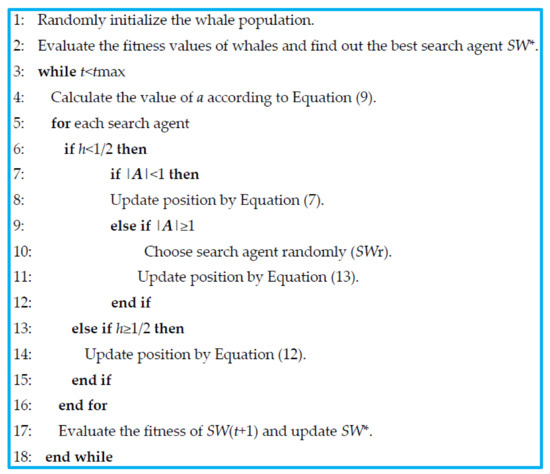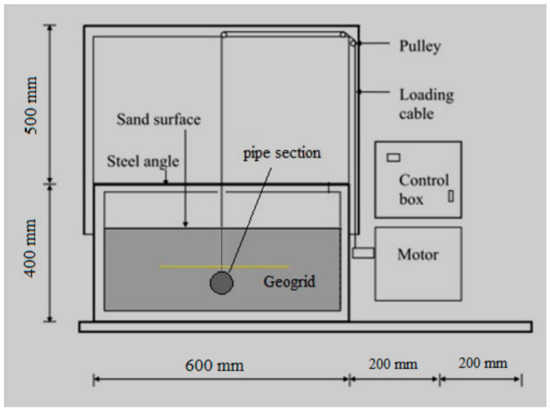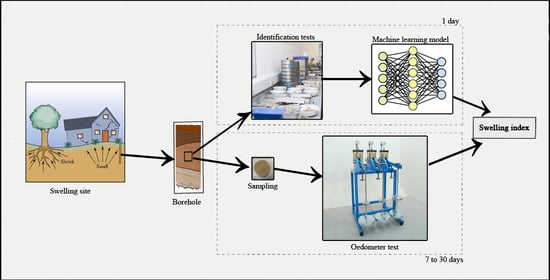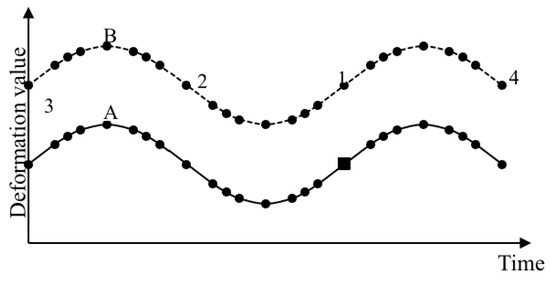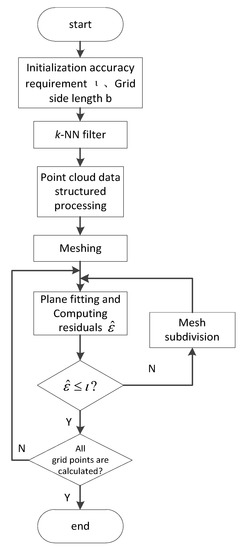Heuristic Algorithms in Engineering and Applied Sciences
A topical collection in Applied Sciences (ISSN 2076-3417). This collection belongs to the section "Computing and Artificial Intelligence".
Viewed by 104184
Editor
Interests: Artificial Intelligence; bioinformatics; building materials; computational mechanics; machine learning
Special Issues, Collections and Topics in MDPI journals
Topical Collection Information
Dear Colleagues,
Heuristic and computing techniques are technologies that are poised to transform the way humans interact with machines and the role that machines play in all spheres of human life. On the one hand, there is the exhilaration and excitement linked to the immense potential of these technologies to enhance and enrich human life, and on the other hand, there is fear and apprehension of a dystopian future where machines have taken over.
These techniques are considered in a category of computer science, involved in the research, design, and application of intelligent computers. Traditional methods for modeling and optimizing complex structure systems require huge amounts of computing resources, and computing-based solutions can often provide valuable alternatives for efficiently solving problems in engineering. Such techniques, due to making nonlinear and complex relationships between dependent and independent variables, can be performed in the field of engineering with a high degree of accuracy. In this way, many new intelligence models can be introduced for different applications of engineering.
The focus of this Topical Collection is on the development of computational methods for solving problems in fields of engineering. Articles submitted to this Topical Collection can also be concerned with the most significant recent soft computing, optimization algorithms, hybrid intelligent systems, and their applications in engineering sciences. We invite researchers to contribute original research articles, as well as review articles that will stimulate the continuing research effort on applications of metaheuristic and computing techniques to assess/solve engineering problems.
Prof. Dr. Panagiotis G. Asteris
Collection Editor
Manuscript Submission Information
Manuscripts should be submitted online at www.mdpi.com by registering and logging in to this website. Once you are registered, click here to go to the submission form. Manuscripts can be submitted until the deadline. All submissions that pass pre-check are peer-reviewed. Accepted papers will be published continuously in the journal (as soon as accepted) and will be listed together on the collection website. Research articles, review articles as well as short communications are invited. For planned papers, a title and short abstract (about 100 words) can be sent to the Editorial Office for announcement on this website.
Submitted manuscripts should not have been published previously, nor be under consideration for publication elsewhere (except conference proceedings papers). All manuscripts are thoroughly refereed through a single-blind peer-review process. A guide for authors and other relevant information for submission of manuscripts is available on the Instructions for Authors page. Applied Sciences is an international peer-reviewed open access semimonthly journal published by MDPI.
Please visit the Instructions for Authors page before submitting a manuscript. The Article Processing Charge (APC) for publication in this open access journal is 2400 CHF (Swiss Francs). Submitted papers should be well formatted and use good English. Authors may use MDPI's English editing service prior to publication or during author revisions.
Keywords
- artificial neural networks (ANNs)
- computational biology/bioinformatics
- computational science and engineering
- evolutionary multimodal optimization
- forecasting models
- fuzzy set theory and hybrid fuzzy models
- genetic algorithm and genetic programming
- heuristic models
- hybrid intelligent systems
- image processing and computer vision
- machine learning techniques
- multicriteria decision making (MCDM)
- multiexpression programming
- multivariate adaptive regression splines (MARS)
- neural networks and deep neural networks
- optimization algorithms [structural optimization; topology optimization]
- classification algorithms
- soft computing techniques
- surrogate models





